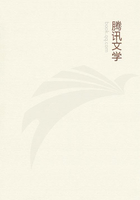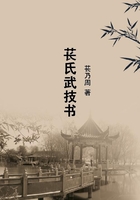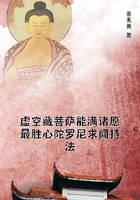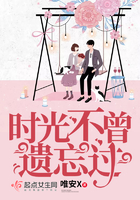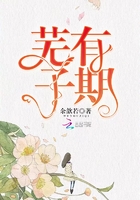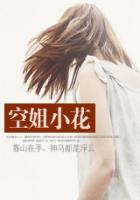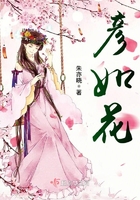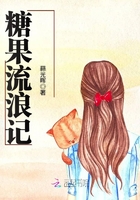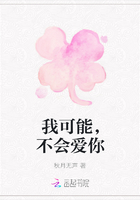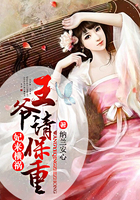Yes, I say, as I look back on the long hours of the many days I spent in the wards and in the autopsy room of La Pitie, where Louis was one of the attending physicians,--yes, Louis did a great work for practical medicine. Modest in the presence of nature, fearless in the face of authority, unwearying in the pursuit of truth, he was a man whom any student might be happy and proud to claim as his teacher and his friend, and yet, as I look back on the days when I followed his teachings, I feel that I gave myself up too exclusively to his methods of thought and study.
There is one part of their business which certain medical practitioners are too apt to forget; namely, that what they should most of all try to do is to ward off disease, to alleviate suffering, to preserve life, or at least to prolong it if possible. It is not of the slightest interest to the patient to know whether three or three and a quarter cubic inches of his lung are hepatized. His mind is not occupied with thinking of the curious problems which are to be solved by his own autopsy,--whether this or that strand of the spinal marrow is the seat of this or that form of degeneration. He wants something to relieve his pain, to mitigate the anguish of dyspnea, to bring back motion and sensibility to the dead limb, to still the tortures of neuralgia. What is it to him that you can localize and name by some uncouth term the disease which you could not prevent and which you cannot cure? An old woman who knows how to make a poultice and how to put it on, and does it tuto, eito, jucunde, just when and where it is wanted, is better,--a thousand times better in many cases,--than a staring pathologist, who explores and thumps and doubts and guesses, and tells his patient be will be better tomorrow, and so goes home to tumble his books over and make out a diagnosis.
But in those days, I, like most of my fellow students, was thinking much more of "science" than of practical medicine, and I believe if we had not clung so closely to the skirts of Louis and had followed some of the courses of men like Trousseau,--therapeutists, who gave special attention to curative methods, and not chiefly to diagnosis, --it would have been better for me and others. One thing, at any rate, we did learn in the wards of Louis. We learned that a very large proportion of diseases get well of themselves, without any special medication,--the great fact formulated, enforced, and popularized by Dr. Jacob Bigelow in the Discourse referred to. We unlearned the habit of drugging for its own sake. This detestable practice, which I was almost proscribed for condemning somewhat too epigrammatically a little more than twenty years ago, came to us, I suspect, in a considerable measure from the English "general practitioners," a sort of prescribing apothecaries. You remember how, when the city was besieged, each artisan who was called upon in council to suggest the best means of defence recommended the articles he dealt in: the carpenter, wood; the blacksmith, iron; the mason, brick; until it came to be a puzzle to know which to adopt. Then the shoemaker said, "Hang your walls with new boots," and gave good reasons why these should be the best of all possible defences. Now the "general practitioner" charged, as I understand, for his medicine, and in that way got paid for his visit. Wherever this is the practice, medicine is sure to become a trade, and the people learn to expect drugging, and to consider it necessary, because drugs are so universally given to the patients of the man who gets his living by them.
It was something to have unlearned the pernicious habit of constantly giving poisons to a patient, as if they were good in themselves, of drawing off the blood which he would want in his struggle with disease, of making him sore and wretched with needless blisters, of turning his stomach with unnecessary nauseous draught and mixtures, --only because he was sick and something must be done. But there were positive as well as negative facts to be learned, and some of us, I fear, came home rich in the negatives of the expectant practice, poor in the resources which many a plain country practitioner had ready in abundance for the relief and the cure of disease. No one instructor can be expected to do all for a student which he requires. Louis taught us who followed him the love of truth, the habit of passionless listening to the teachings of nature, the most careful and searching methods of observation, and the sure means of getting at the results to be obtained from them in the constant employment of accurate tabulation. He was not a showy, or eloquent, or, I should say, a very generally popular man, though the favorite, almost the idol, of many students, especially Genevese and Bostonians. But he was a man of lofty and admirable scientific character, and his work will endure in its influences long after his name is lost sight of save to the faded eyes of the student of medical literature.
Many other names of men more or less famous in their day, and who were teaching while I was in Paris, come up before me. They are but empty sounds for the most part in the ears of persons of not more than middle age. Who of you knows anything of Richerand, author of a very popular work on Physiology, commonly put into the student's hands when I first began to ask for medical text-books? I heard him lecture once, and have had his image with me ever since as that of an old, worn-out man,--a venerable but dilapidated relic of an effete antiquity. To verify this impression I have just looked out the dates of his birth and death, and find that he was eighteen years younger than the speaker who is now addressing you. There is a terrible parallax between the period before thirty and that after threescore and ten, as two men of those ages look, one with naked eyes, one through his spectacles, at the man of fifty and thereabout.

